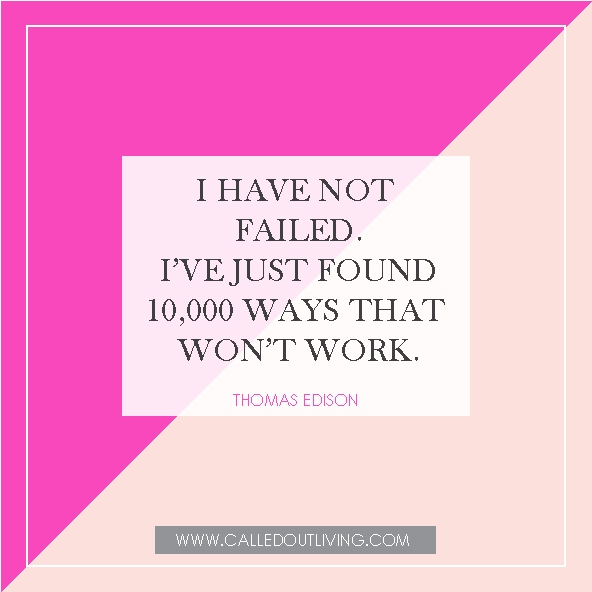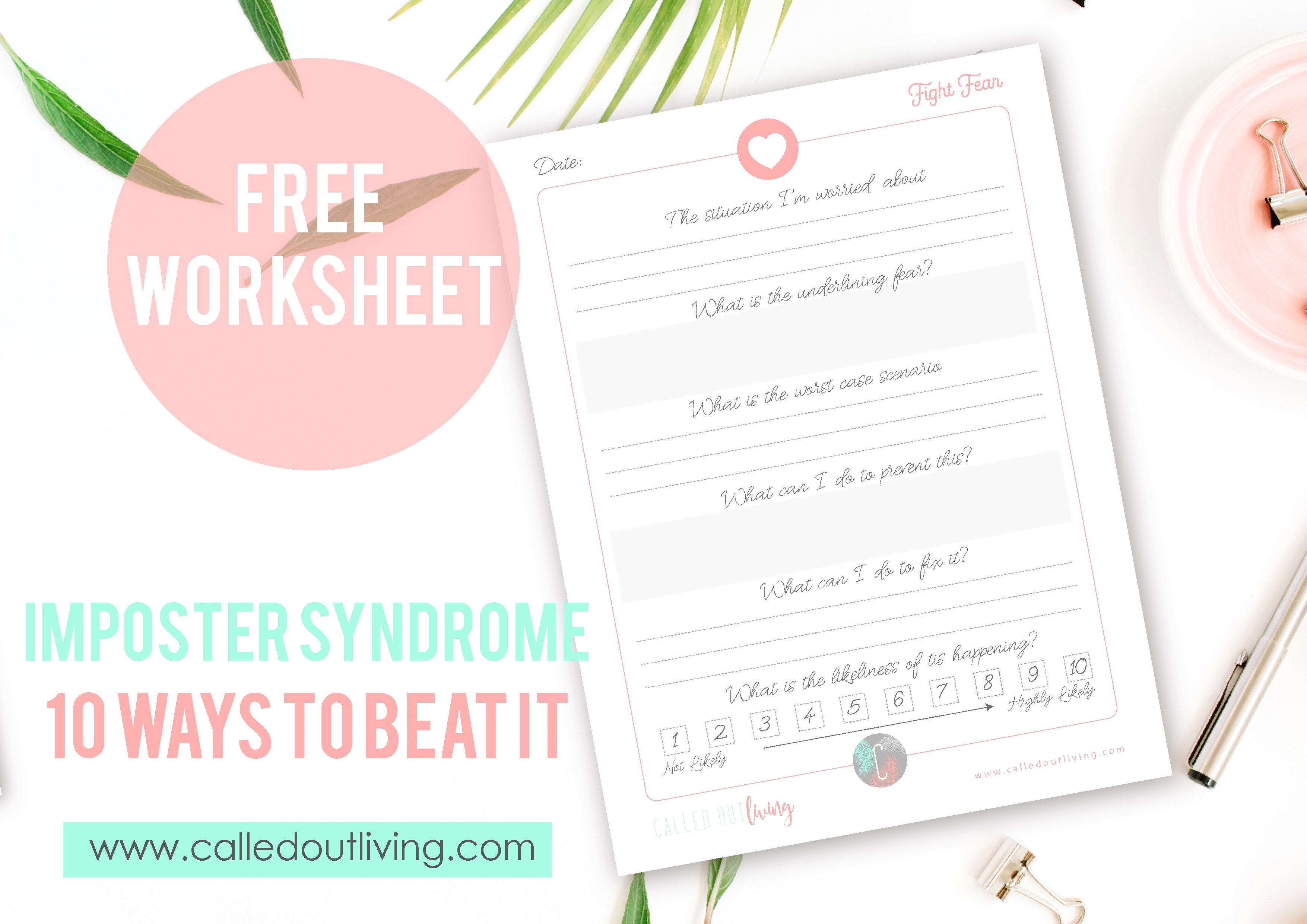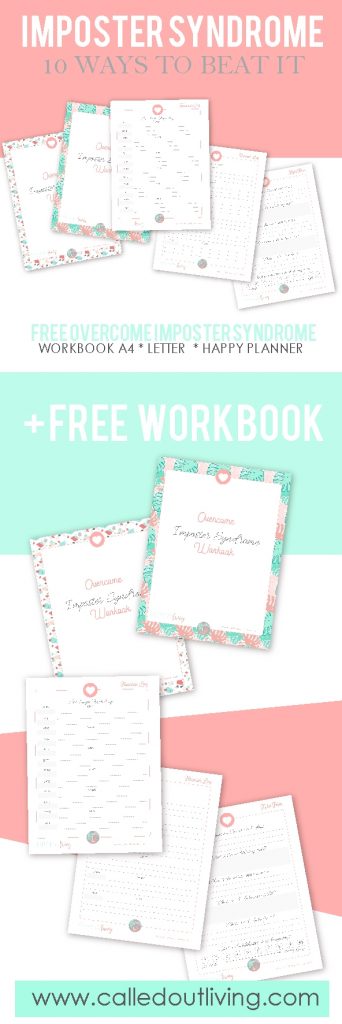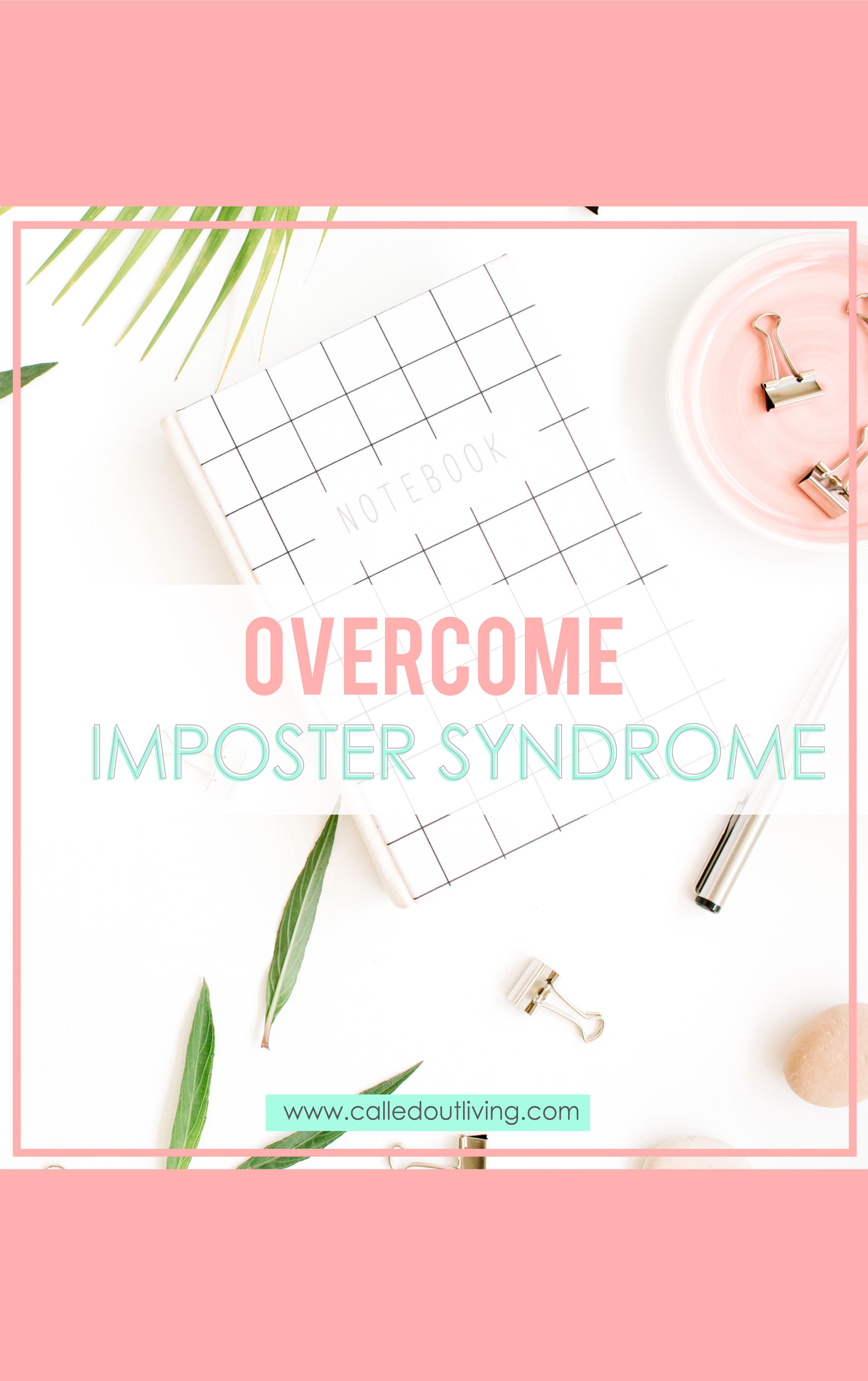10 Steps to beat Imposter Syndrome
You’re a fake, a phony, a fraud!

[full_width background=”#ffffff”]
You spend half your time at work expecting that tap on the shoulder to be told ‘we need to talk – we know you’re not really a ___ (Fill in the blank)
You have client work and as you press send on the project, your mind is filled with thoughts like ‘They’re going to hate it!’ They’re going to say ‘why did we hire you, you aren’t really a copywriter, you haven’t fooled us!’
You have this voice in your head that screams ‘You can’t get away with pretending forever, they’re going to find you out, they’ll realise you are faking it as a ______” (fill in the blank).
[line]
Does that ring a bell? If so you’re not the only one!
It’s believed that up to 70% off people have experienced feelings of being a fake or a fraud. I polled my audience on Instagram stories and sadly 100% voted they had experienced this!
[line]

[line]
What is it?
It’s called Imposter Syndrome. It affects all kinds of people from all walks of life. The girl next door, your boss and even celebrities.
The talented Actress Lupita Nyongo said to Time Out in 2016 “I go through ( acute imposter syndrome) with every role,” “I think winning an Oscar may in fact have made it worse. Now I’ve achieved this, what am I going to do next? What do I strive for? Then I remember that I didn’t get into acting for the accolades, I got into it for the joy of telling stories.”
Maya Angelou has previously said “I have written eleven books, but each time I think, ‘uh oh, they’re going to find out now. I’ve run a game on everybody, and they’re going to find me out.” Even accomplished women in the business world experience this. Sheryl Sandberg is quoted as saying ‘There are still days when I wake up feeling like a fraud, not sure I should be where I am.’
The term came about in 1978 by researchers Pauline Clance and Suzanne Imes which looked into the self doubt experienced by high achieving women. It’s an extreme type of self doubt, that can cripple those it affects. It causes distortion, where the truth can’t be seen and logic is thrown out of the window. For those suffering from it, it’s a nagging sense that they are pretending in life. Faking it, pretending to be able to do their jobs, run their business, or as a parent. They think ‘everyone else has got this figured out except for me!’ or thinking “If only everyone knew the truth, that I don’t know what I’m doing, that would be the end of my career!” They carry out their lives feeling like imposters and develop coping or accommodating mechanisms such as Workaholism, Seeking Perfectionism, Having no boundaries to Procrastination, avoidance, and Self Sabotage.
[line]
Where does it come from?
Imposter syndrome is self doubt on steroids. It’s fear, anxiety and limiting beliefs rolled up into one huge ugly monster. At the root of imposter syndrome is the fear that we aren’t good enough, the fear that others will think badly of us and the fear of things going wrong and in turn, ruining our lives as well as others.

Photo by Clarke Sanders on Unsplash
It’s a mindset problem
We often use excuses and tell ourselves stories such as ‘If I do that course then I’ll feel confident’, “If I get the A grade then I’d believe I’m good at Maths’ or “If I land that client then I’ll feel that I’m a good Marketer”. Most often these accomplishments bring confidence for a fleeting moment and then we’re back to square one. At the core, we need to change our mindset or to be mindful and aware of the cycle or situation we are in.
Here are 10 Tips to help overcome Imposter Syndrome, smash your goals and live your best life yet!
[line]
1. Don’t Compare
If we lived in our own bubble, doing our work independently of external influence we’d probably be quite pleased with what we’re achieving. The big problem comes when we glance around the room and see someone else doing it better or what we perceive to be better. When you compare you shrink your success and amplify others achievements. Comparing isn’t a fair game, we mostly choose to compare to others that are already further ahead of us, or compare apple to oranges by comparing to someone who has a different skillset than us. Sometimes the comparison isn’t even true, we compare our worst day to someone’s best day. Comparing causes you to look at the gap instead of the goal which is why its so important to choose to focus on your own unique gifts, skills and achievements and the impact you make.
[line]

Me when I compare myself to strangers on the internet
2. Celebrate your wins
We all have accomplishments to be proud of. Areas of life that we excel in, natural talents where we don’t need to work so hard. To overcome imposter syndrome it’s key that we purposefully take time to regularly assess and celebrate our wins big or small. Accept compliments, make a note of nice things people say about you. Pop them down in a notebook or file on your phone or mobile. If you get good feedback from a client or colleague save it in a ‘Happy Folder’ to look through when you feel self doubt. In my Self care planner, I have a sheet you can fill out called a ‘Flourish Log’. In my free Overcome Imposter Syndrome Planner, I have worksheets for you to fill out and log.
[line]
3. Progress over perfection
It’s a bit cliché but it perfectly sums it up. Imposter Syndrome is common in high achieving women and it can be driven by perfectionism. We’re often praised when we do a good job and that fulfills one of greatest needs to have approval from others. We get caught up in our efforts of being perfect so we get the approval we seek through the praise of others. Losing the approval of others is frightening as it seems to confirm our deepest fears that we are not good enough. It’s important to realise that perfection is an impossible standard. That everyone has a different viewpoint and we can’t make everyone happy. It’s more important to know that you have done your best and to trust that your efforts will make an impact in some way. Accept that in areas you feel lacking your skills will grow with experience and everyone started out at the beginning. You also don’t need to be the best to do good work or have an impact on others. Sometimes good is good enough!
[line]

[line]
4. Fail forward
Failure is unavoidable. We all fail, it’s a part of life. Instead of seeing failure as a negative thing see it as an opportunity for growth. Through failure we develop grit and resilience, we expand our skills and life experiences. Henry Ford said, “Failure is only the opportunity to begin again more intelligently.”
Failure shows you one more way that doesn’t work so you’re one more way close to success.
John C. Maxwell and other thought leaders advise turning failures into stepping stones that lead you on to success. To take what you’ve learned in that failure and use it to propel forward.
[line]
 5. Affirm the truth
5. Affirm the truth
High-performance coach Tod Herman shares a powerful exercise in overcoming imposter syndrome in this video He has created an empowering personal statement that fuels him through imposter syndrome. My self care planner and goal planner both include a page to create your own that you should regularly read or speak out.
Create an empowering statement that speaks of your unique gifts, talent, and skills. A statement that reminds you of your why and the impact you want to make. How you want to live your life with purpose and intent.
When self doubts come to mind refute them and bring to mind your empowering statement or previous accomplishments you’ve written in your flourish log.
When we are experiencing self doubt or limiting beliefs logic seems to go out the window. Our minds magnify the faults and failings. We turn molehills into mountains. It’s key to be mindful that you are entering this cycle. In the moment ask yourself ‘Is this true?’ In the Overcome Imposter syndrome planner, this exercise is covered. Write out the situation you are facing, all the crazy thoughts you have about being an imposter, what is the core fear at the root, action steps you can take to pre-empt the situation and steps you can take if the worst thing does happen. Rate how likely it is for the worse scenario to happen. I have a similar exercise called Fight your fears in my Goals & Dream Life Planner
[line]
 6. Everything is figureoutable
6. Everything is figureoutable
As Marie Forleo’s mother used to say to her ‘everything is figureoutable’. With a bit of creativity, we can find solutions and workarounds to challenges we face. When imposter syndrome hits our minds seem to get clouded and we get stuck on one track or path. We need to step back, take a deep breathe, exhale and give our mind some space. Sometimes you need to step out of the situation to see it a bit more clearly. Take a break from the project, sleep on it, do something fun, get outside, anything that gives you a separation from your situation. If it’s something urgent even a 5/10 minute quick walk outside can give us that head space to come up with fresh solutions. Get some external input, speak to a friend or colleague. With a bit of thought and creativity, we can find solutions to help us in our challenge.
[line]
7. Take Action
Action is the antidote to fear. It seems logical that not being afraid is the antidote to fear but it’s taking action. Fear wants to hold us, keep us frozen and stuck where we are. Imposter syndrome wants you to play it safe, to not take risks or get out of your comfort zone. Imposter Syndrome has you asking ‘what if it try and fail?’ “what if people laugh”. Taking action is the only way to beat it. Reframe your whats’ with ‘what if this works?’ ‘what is the best thing that could come out of this?” By taking action we exercise our resilience muscle and being out of our comfort zone. The more we step out, the more we learn and achieve. As we start to make small steps of progress, experience some wins, confidence starts to build up. With time the things that terrified us don’t scare us anymore, or experience tells us that even though it’s a bit scary we will get through it and be ok.
[line]

[line]
8. You are in control
Ultimately imposter syndrome is about thoughts and feelings. These feelings are just that. It’s easy to act like the feelings are true or real. Because we experience and feel them deeply our minds came them seem so real, so true. We can act instinctively in response to our feelings or we can remind ourselves that we are in control. Our feelings need not lead us. We can still choose to make mindful choices irrespective of our feelings. It may be hard and we may not ‘feel’ like it but we have the power to make choices. We can’t control what life brings our way but we can control our response. It’s liberating and empowering when we truly grasp that. Next time you experience an imposter thought, think to yourself ‘this is a thought or feeling but it isn’t true about my situation, I can choose to move forward and take action in this area of my life regardless of how I feel, I can make choices and take action that is not bound my feelings but is aligned with my values and ultimate goals in life.” Acknowledge and experience the feelings and thoughts just as they are. ” I feel anxious and nervous about this situation, that is ok, it is just a feeling, it will pass and I can still choose my actions in spite of it.”
[line]
9. Talk it through
If imposter syndrome or anxiety feels like it’s taking over your life or affecting your ability to carry out your day to day please see a professional! A GP can refer you for CBT (Cognitive behavioral therapy) which is a very practical way to deal with anxiety, or counseling or even medication. Don’t be embarrassed or ashamed. It is ok to struggle and ok to seek support. There are charities like MIND who offer practical advice on getting help https://www.mind.org.uk/
Speaking about your fears and thoughts to a trusted friend can make a big difference too. Sometimes our friends can bring insight that we don’t have, offer encouragement, remind us of what we have to offer or previous accomplishments. Ideally, find friendship and accountability in person but if that’s not possible there are many online communities of like-minded individuals that we can become a part of like Facebook groups or, masterminds. Getting a life coach can be extremely helpful and help you move forward in life.

Photo by Sam Manns on Unsplash
[line]
10. Visualise it
A lot of athletes and high-performance individuals don’t leave their experiences to chance. They think ahead of time and visualise how they want events to go, they think about the emotions they want to experience. They think ahead to challenging situations and how they can deal with them in a calm, peaceful manner. They consider the emotions they want the other people in the situation to feel and how they can promote those feelings. Brendan Burchard talks more about his in his new book High-Performance Habits. Part of being prepared is planning out your week or month. Knowing what is coming helps you prepare your mind and emotions for it. If you know you have a tough meeting at work, the night before clear out the diary for relaxation and self care. Swap around your schedule to better suit your energy levels or when you work best.
[line]
11. BONUS TIP – YOLO
You only live once. If you didn’t experience fear or have limitations, what would you be doing? Go do that thing! You have one life to live, one life to make an impact, one life to leave a legacy.
If you let fear and imposter syndrome stop you from taking action what will be the result? How many people won’t be helped? How many people won’t be inspired? How many people won’t have a solution to their need, because you let fear stop you from putting your solution out there?
In the Goal Planner there is an exercise called Letter to my younger self. You imagine yourself an old person and look back on your life. In one letter you write about your life as if you did take action. You write about the impact you’ve made, the lives you touched whether your own family or more. The second letter you haven’t taken action and have let fear hold you, how did it negatively impact your life? Who missed out on what you have to offer?
When you hear those imposter thoughts rise up, focus on the value that you are offering. Think about the people who need to hear your message, experience your service or solve their problem. A reason why in life that is bigger than yourself is going to help you propel forward, push past fear and ultimately not let imposter syndrome win.
[line]
DOWNLOAD YOUR WORKSHEET HERE
A4 Size Here
Letter Size Here
Happy Planner Here






